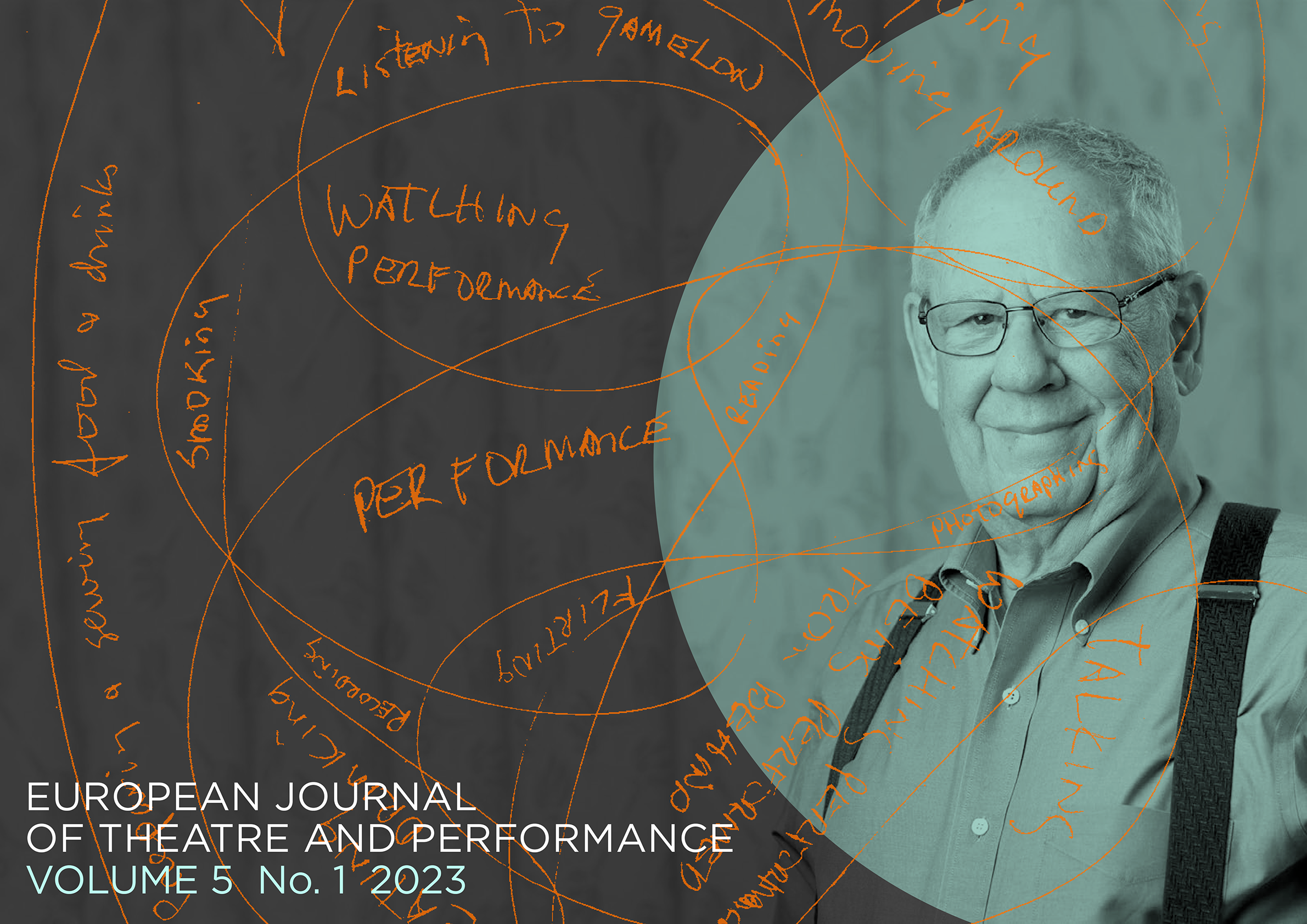Material Memories: Choreographing Documental Bodies
DOI:
https://doi.org/10.21827/ejtp.5.41698Keywords:
performativity, collective memory, choreography, documentation, traumaAbstract
This essay investigates the performance practice of the Lebanese artist Walid Raad in its entanglements with the writing of history, the transmission of tradition, and the construction of collective memory. Understood as particularly vulnerable and material, these processes can encrypt trauma as a symptom, as a physical distortion of the visible and sayable. On one side, I highlight the different performative strategies Raad employs in his projects to re-evaluate collective spontaneous memory over official historical narratives. On the other side, I aim to shed light on some core concepts of Raad’s practice, such as aesthetic fact, hysterical symptom, location, or withdrawal of tradition. I will demonstrate how Raad’s complex and context-sensitive artistic devices are able to re-enact collective memory around some of the catastrophic events of contemporary Lebanon, creating an impressive and everchanging choreography while critically embodying the idea of the archive.
Published
Issue
Section
Copyright (c) 2023 Irene Pipicelli

This work is licensed under a Creative Commons Attribution 4.0 International License.

